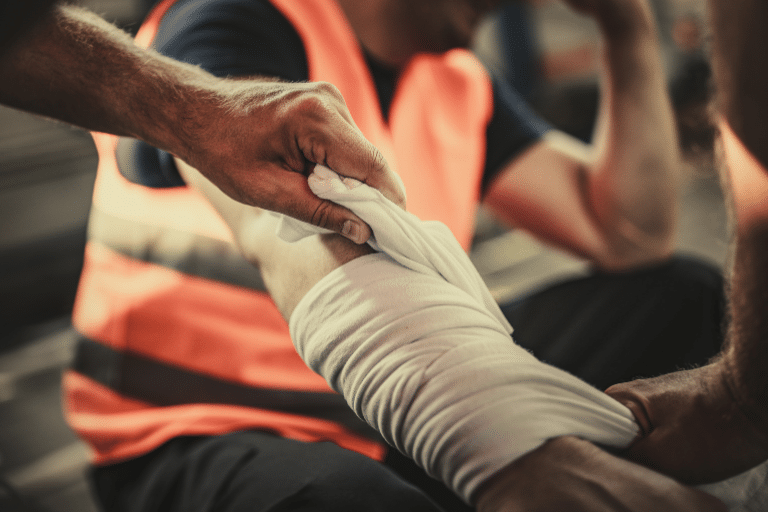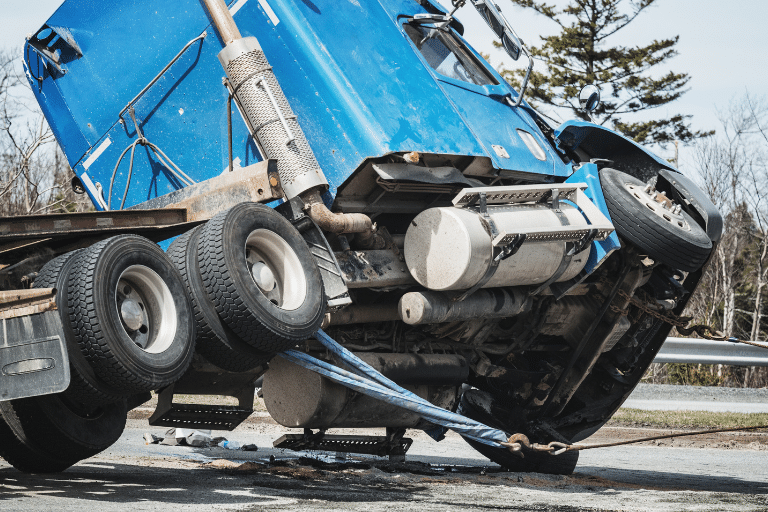Are self-driving cars safe? Even if they are safe, are they actually helping to prevent most car crashes in Ohio and throughout the country? Since self-driving vehicles were introduced, the designers and manufacturers of these vehicles suggested that they could eradicate a high percentage of motor vehicle collisions since most crashes are caused by human error.
If you take the human out of the equation, the idea is that far fewer collisions caused by human error would occur. Yet according to a recent article in The Hill, a new study says that even “perfectly functioning autonomous vehicles can prevent about 34% of traffic crashes.”
In other words, while perfectly working self-driving cars might be able to prevent accidents, the number may not be as high as many people initially believed.
IIHS Study Says Self-Driving Cars Might Not be as Effective as You Would Think
The recent study was conducted by the Insurance Institute for Highway Safety (IIHS), and it determined that “self-driving vehicles may not mitigate accidents along highway roads,” and in fact may only be able to prevent about a third of all current collisions. That figure assumes that the self-driving vehicles are operating without any problems at all—operating “perfectly,” in fact.
According to Jessica Cicchino, who co-authored the study and is the IIHS vice president for research, “it’s likely that fully self-driving cars will eventually identify hazards better than people, but we found that this alone would not prevent the bulk of crashes.”
The IIHS researchers looked into about 5,000 accident reports “to estimate how many crashes would occur if self-driving cars make similar decisions regarding risk as human drivers.” Then, the researchers made assumptions about the abilities of a perfectly functioning self-driving car that could eradicate errors pertaining to human sensing and perception, as well as errors caused by intoxicated driving.
Self-Driving Cars Would Need to Have a Different Focus to Further Reduce Accident Rates
Ultimately, what the study intimated was that self-driving cars may not be any better at preventing accidents when a crash results from “planning and deciding errors,” or from mechanical issues or defects, which are responsible for about two-thirds of all collisions.
If self-driving cars were to reduce rates of these types of accidents, the vehicles would have to travel at speeds much slower than a human driver would, and would need to engage in other safety measures that would reduce “convenience” for human occupants.
Contact Me for More Information About Filing a Car Accident Claim
Driverless cars are supposed to reduce the rate of crashes by eliminating human error. However, over the past several years, driverless cars have caused serious and fatal accidents, and these vehicles still are not perfect. As this new study suggests, even if driverless cars were flawless, they may only reduce the total rate of car crashes by about one-third of what they are now.
If you or someone you love got hurt in a collision involving a driverless car, whether as a motor vehicle occupant or a pedestrian or cyclist, I can help you to file a claim and to seek the financial compensation you need. I’ll Make Them Pay!® Do not hesitate to call me at 877.944.4373 to find out more about how I can assist you with your accident case.







